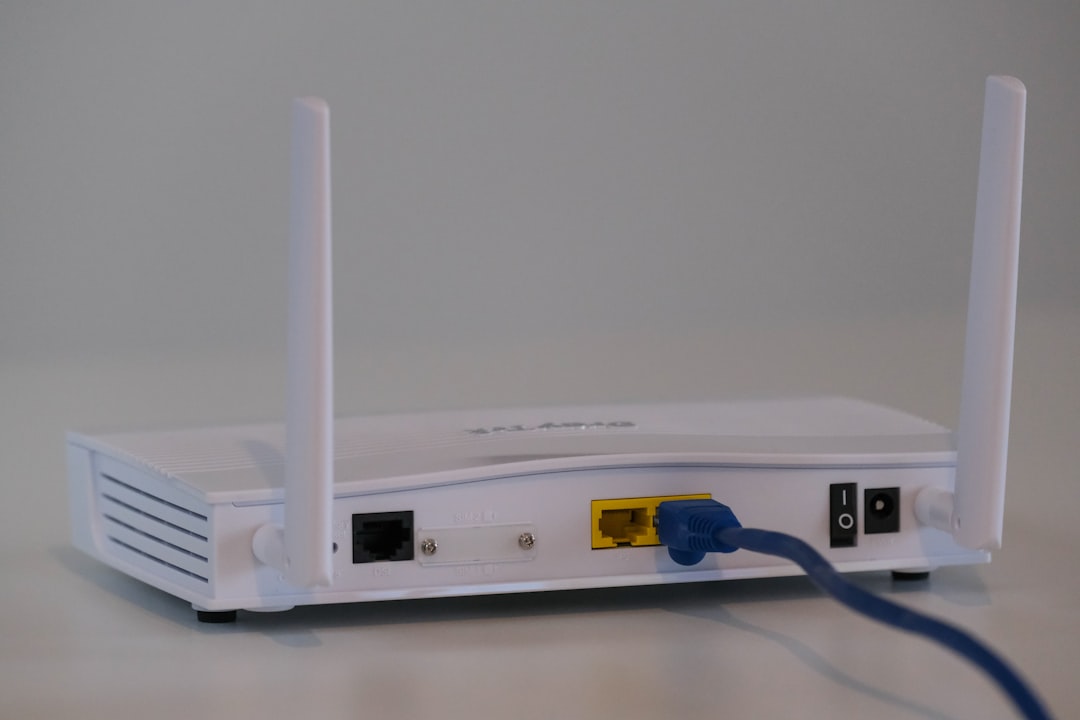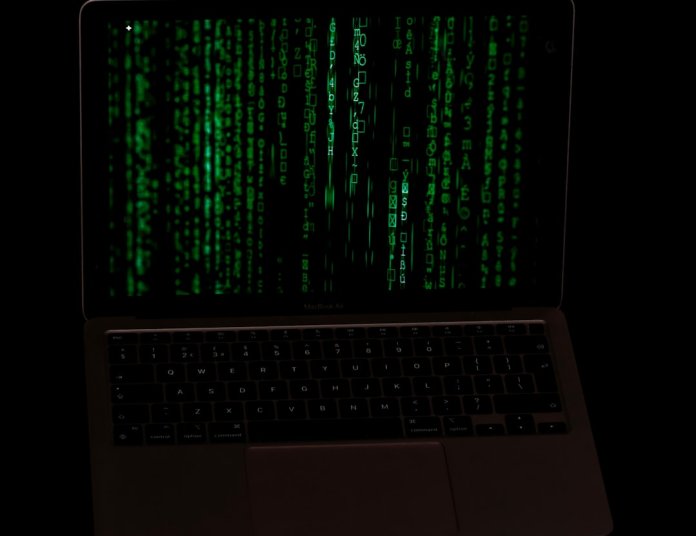In the digital age, maintaining privacy online has become increasingly important. Whether it’s avoiding intrusive ads or keeping your data out of the hands of hackers and internet service providers (ISPs), many people in the USA are turning to Virtual Private Networks (VPNs) to stay anonymous online without compromising their internet speed. But for beginners, figuring out how VPNs work and which one to choose can be overwhelming. This article breaks down the essentials of VPNs and how users in the United States can harness them for private, safe, and speedy browsing.
What is a VPN?
A Virtual Private Network (VPN) is a service that encrypts your internet connection and routes it through a secure server, masking your IP address and shielding your online activities from prying eyes. Think of it as a tunnel that wraps your internet traffic in a layer of encryption, hiding it from your ISP, hackers, and even government surveillance.
Without a VPN, your real location and online habits can easily be tracked and recorded. With a VPN, you can browse the web as if you’re in a different location, allowing for added privacy and access to geo-restricted content.

How VPNs Help You Stay Anonymous
VPNs offer multiple features that help maintain anonymity online:
- Masking Your IP Address: Your IP address reveals your general location and identity. A VPN replaces it with the IP of the VPN server.
- Data Encryption: VPNs encrypt your data, making it unreadable to anyone who might intercept it, such as hackers on public Wi-Fi networks.
- No-Log Policies: The best VPN providers have strict no-log policies, meaning they don’t store any information about your browsing habits.
- DNS Leak Protection: Keeps your internet requests safe and prevents your true location from leaking.
How to Choose a Fast and Secure VPN
One common concern among new users is the potential slowdown in internet speed when using a VPN. While any VPN will slightly reduce speed due to encryption overhead, it doesn’t have to be noticeable. Here’s how to pick a VPN that maintains your speed:
- Choose a provider with multiple U.S. servers. More servers mean better chances of connecting to a nearby, less crowded server.
- Look for VPNs offering high-speed protocols like WireGuard or Lightway, which are optimized for speed and stability.
- Select a VPN with unlimited bandwidth to avoid slowdowns during high-usage periods.
- Test for speed using free trials or money-back guarantees. Many providers offer these to let users evaluate performance risk-free.

Simple Steps to Use a VPN in the USA
If you’re a beginner in the United States, getting started with a VPN is easier than you might think. Follow these steps:
- Choose a reputable VPN provider. Top-rated ones include NordVPN, ExpressVPN, and Surfshark.
- Sign up and download the app for your device (Windows, Mac, iOS, Android).
- Install the application and log in using your credentials.
- Select a U.S. server or another country depending on your privacy or streaming needs.
- Connect and browse as usual — now with added privacy and security.
Best Practices for VPN Use
To maximize both speed and anonymity while using a VPN in the USA, consider these tips:
- Always keep your VPN turned on, especially when connected to public Wi-Fi.
- Avoid free VPNs, as they often come with limited speeds and compromised privacy policies.
- Periodically check for DNS and IP leaks using online tools to ensure your privacy remains intact.
- Use the kill switch feature (if available), which disconnects your internet if the VPN connection drops.
FAQ: VPNs for Beginners in the USA
- Q: Is using a VPN legal in the USA?
A: Yes, using a VPN is completely legal in the United States. It becomes illegal only if you use it for unlawful activities. - Q: Will a VPN slow down my internet?
A: Any VPN will slightly reduce speed due to encryption, but premium services are optimized to minimize this impact. - Q: Can I use a VPN on mobile devices?
A: Absolutely. Most VPN apps are fully compatible with iOS and Android devices. - Q: Do VPNs protect against malware?
A: While a VPN provides privacy, it doesn’t protect against malware. It’s best to use it in conjunction with antivirus software. - Q: Can I use a VPN to access streaming services?
A: Yes, many people use VPNs to bypass geo-restrictions on platforms like Netflix, Hulu, and BBC iPlayer.
Staying anonymous online doesn’t have to mean sacrificing speed or convenience. With the right VPN, users in the USA can enjoy secure and private internet access on all their devices. And with so many user-friendly options available, there’s never been a better time for beginners to start using a VPN.
